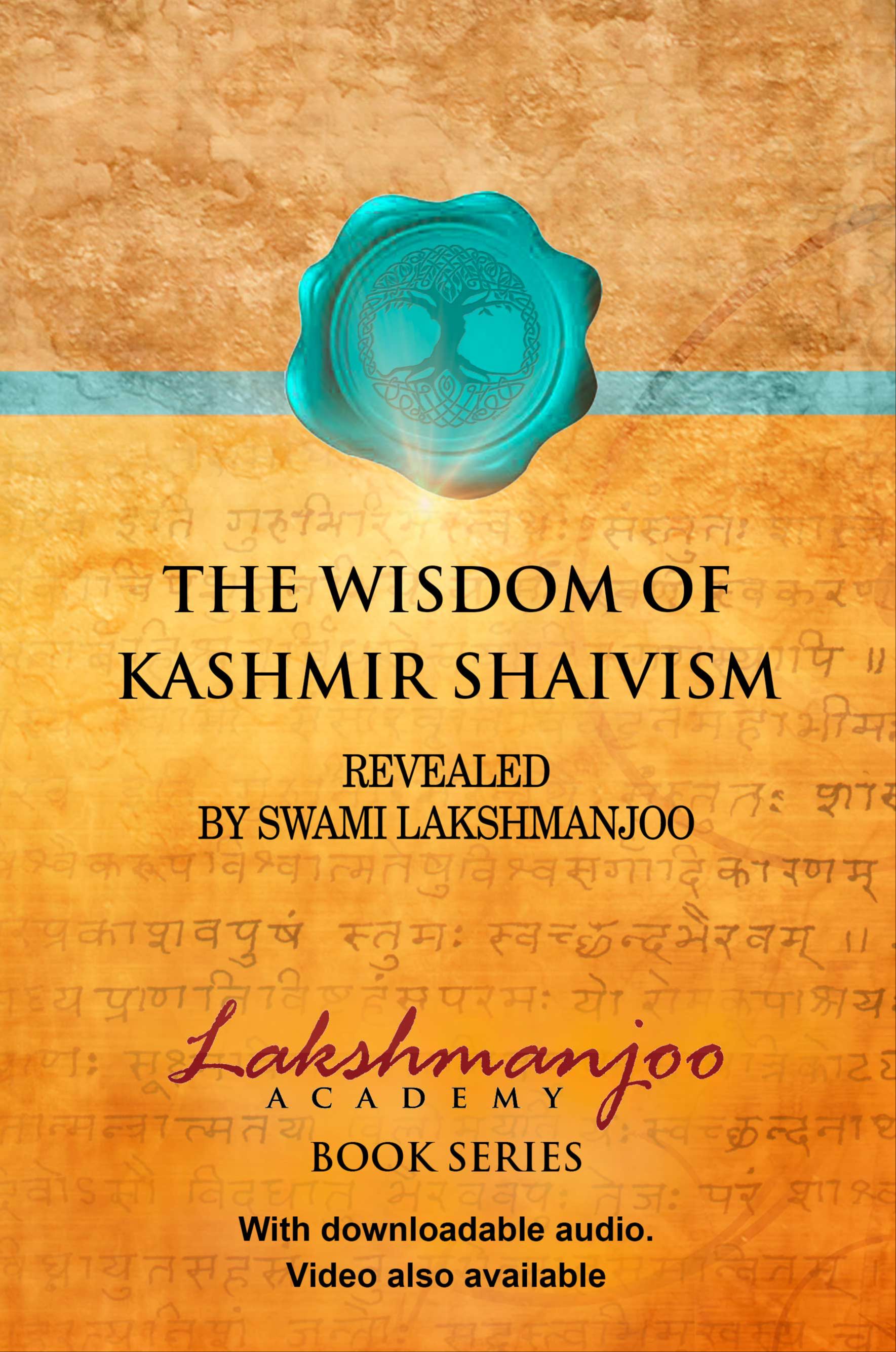
In this excerpt from the Manual for Self Realization: 112 Meditations of the Vijnana Bhairava Tantra, (verses 14-16) Swami Lakshmanjoo explains why "the state (āvasthā) of fullness, which is Bharitākārā, the qualification of Bhairavī, belongs to Bhairava. This state, which is of Bhairavī, belongs to Bhairava.”

What is the right path? He puts that now.
दिक्कालकलनोन्मुक्ता
देशोद्देशाविशेषिणी ।
व्यपदेष्टुमशक्यासा-
वकथ्या परमार्थतः ॥१४॥
अन्तः स्वानुभवानन्दा
विकल्पोन्मुक्तगोचरा ।
यावस्था भरिताकारा
भैरवी भैरवात्मनः ॥१५॥
तद्वपुस्तत्त्वतो ज्ञेयं
विमलं विश्वपूरणम् ।
dikkālakalanonmuktā
deśoddeśāviśeṣiṇī /
vyapadeṣṭumaśakyāsāv-
akathyā paramārthataḥ // 14 //
antaḥ svānubhavānandā
vikalponmuktagocarā /
yāvasthā bharitākārā
bhairavī bhairavātmanaḥ // 15 //
tadvapustattvato jñeyaṁ
vimalaṁ viśvapūraṇam / 16a
This state of Bhairava is beyond the limitation of space, time, and formation. It has no space, It has no time, It has no form–It is beyond that, beyond these three (dikkāla kalana unmuktā). Deśa uddeśa aviśeṣiṇī, there is no uddeśa or deśa, [there is no] nomination of the seat of Lord Śiva.
Do you know where Lord Śiva resides? In Śivaloka. Śivaloka is the residence of Lord Śiva in the heavens, and the residence of Lord Śiva in this universe is [Mount] Kailasha. He lives on the top of Kailasha. This is all humbug!
Dikkāla kalana unmuktā, there is no deśa (neither space, nor time, nor form) and there is no uddeśa (nomination of his particular place)–deśa uddeśa aviśeṣiṇi.
Vyapadeṣṭum aśakyāsau, this state is, in fact, indescribable, It can’t be described. Akathyā paramārthataḥ, in reality, It can’t be told. Antaḥ, internally It happens; It is filled with your own ecstasy, your own ānanda. It is beyond the apprehension of vikalpa (vikalpa unmukta gocara), beyond thought.
Yāvasthā bharitākārā bhairavī bhairavātmanaḥ, that state, which is filled, always filled, always full, that state of Bhairavī, [which] is that full state of Bhairava, is, in reality, to be known as absolutely pure, and absolutely filled with universal existence (viśva pūraṇam).54
That state is not the object of vikalpas, It can’t be perceived by vikalpas (thoughts). You can’t perceive It through the mind. [It is] vikalpa unmukta gocara, It is not vikalpa gocara as you are vikalpa gocara to me. With vikalpas, I can understand you, but you can’t understand That state through vikalpas. Vikalpa unmukta gocara, It has gone above the cycle of becoming the object of vikalpas–vikalpa unmukta gocara. [Bhairavī] has gone above [becoming] the object of thoughts. You can express It but you cannot feel It just like we feel in this-ness, objectivity. For instance, you have the information of the Tantrāloka*. If you have the information of the Tantrāloka and you need the Tantrāloka book to explain–you take the support of the Tantrāloka book and you explain the words of the Tantrāloka–that is vikalpa sahita gocara. It is not vikalpa unmukta gocara because it is in that state of subjectivity, which is attached to objectivity. This [state of Bhairavī] must be in pramiti bhāva (that is vikalpa unmukta gocara).
JOHN: Pramiti bhāva.
SWAMIJI: Pramiti bhāva is the state of that pundit, that scholar, who does not take the support of the Tantrāloka. I will show you, I will make you understand more vividly. For instance, I understand, I know, the Tantrāloka. For the time being, I know the Tantrāloka [but] I have no books. I don’t remember any śloka (verse) in my mind. In my mind, I don’t remember any śloka, but whenever somebody asks me [about] some śloka, bas, [the explanation] comes out. Where was that śloka residing in my brain? Where? In the nirvikalpa state. That is pramiti bhāva. That state is of Pārvatī. That state is of that Universal Consciousness where there are no objects of vikalpa. [On the other hand], this is the object of vikalpas, when you take the support of a book.
54 “Bharitākārā means, the state (āvasthā) of fullness. Bharitākārā is the qualification of Bhairavī, and it belongs to Bhairava. This state, which is of Bhairavī, belongs to Bhairava.” Vijñāna Bhairava, additional audio (USF archives).
Continue here... "Is there a difference in supremeness between Lord Shiva and Parvati?." verses 16b-19
...by Swami Lakshmanjoo






